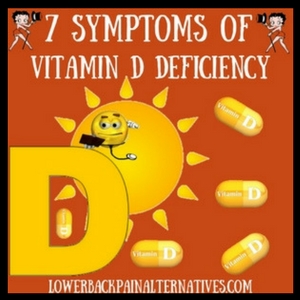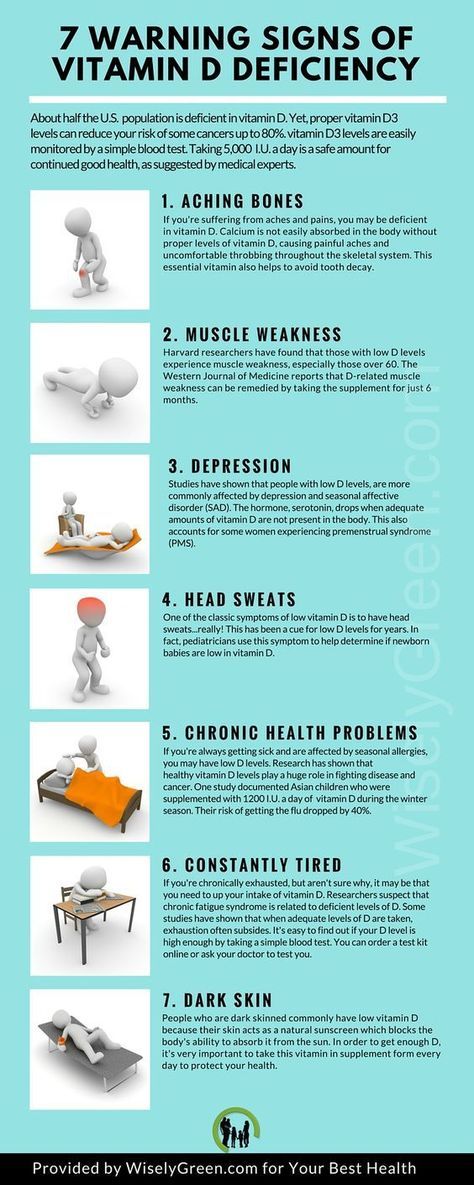Vitamin D Deficiency – Do You Have Low Vitamin D?

Symptoms of low calcium and vitamin D levels may mean that you are indeed deficient in vitamin D. But for most people, the signs are not so subtle.
Low blood vitamin D levels are associated with the following: osteoporosis, high cholesterol, chronic fatigue, high blood pressure, diabetes, and other medical conditions. In fact, recent research suggests that low blood levels are even more common in children than in adults. However, many doctors believe that low levels may be the result of environmental pollution such as cigarette smoke, air pollution, and sunlight.
It is possible that low vitamin D levels can also be caused by unhealthy diets, which can be the result of unhealthy diets. If your family is low in calcium and vitamin D, it is important that a nutritionist evaluates your family’s nutritional needs.
If you think you may be deficient in vitamin D, there are several ways to ensure you get enough vitamin D levels. Vitamin D supplements, foods high in vitamin D, and synthetic vitamin D supplements have been shown to be effective. But if you want to protect your health and avoid health problems, you need to pay special attention to your daily vitamin intake.
A healthy lifestyle is essential for proper vitamin D intake. A balanced diet is important for getting enough vitamin D. But you also need to exercise regularly to maintain healthy bones and muscles. Also, if you are overweight, you need to make sure that you are consuming enough fiber to help you lose weight. A good calcium supplement is an excellent choice to help you reach your recommended daily intake.
While there are many signs of low blood levels, if you don’t have them, you may just be suffering from insufficient sun exposure. Even so, regular sun exposure can help prevent further problems.
For more information, talk to your doctor about ways to meet your vitamin A and D needs. Or read a guide to vitamin D or low vitamin D supplementation.You can also do your research online and find a website that offers supplement reviews with vitamin D and low vitamin D content to help you find the best vitamin for your specific needs.

If you think you may be at risk of vitamin D deficiency or low vitamin D levels, you should consult your doctor first. To maintain your health in balance, it is important to get all your vitamin and mineral needs.
If you are vitamin D deficient, the first thing you need to do is take a vitamin D supplement. These can be in the form of tablets or liquid supplements. Keep in mind that these vitamin supplements may only provide you with a minimal amount of the vitamin and may not be enough to meet your needs. If your vitamin D levels are below normal, you may need even higher doses.
To get vitamin D, you need to be in the sun for at least 12 hours a day, depending on where you live. A good way to get enough vitamin D is to use an umbrella at least part of the time. Be sure to wear a hat and sunscreen to protect yourself from the sun, especially around your face and ears.
You can also be exposed to natural sunlight by wearing hats, sunglasses, and other sunscreen. Even without exposure to natural sunlight, you can still get some vitamin D by using a good sunscreen product. Sunscreen is usually made from zinc oxide, titanium dioxide, and titanium dioxide tetraglycate.
While you don’t want to go too far, you still need to be in the sun from time to time. For example, you can go to the beach in spring and summer. And you should also take care to use sunscreen while swimming.
Remember to give your body a chance to heal itself due to vitamin D and low vitamin D. The best time to apply sunscreen and sunscreen is in the morning after waking up and also before bed.
